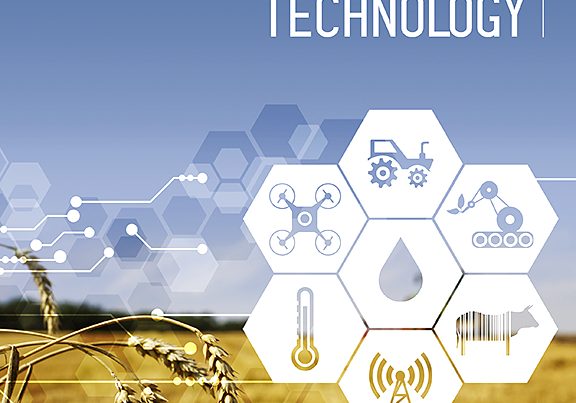Document type: Report from the London School of Economics and Political Science
Authors: Jonathan Birch, Charlotte Burn, Alexandra Schnell, Heather Browning and Andrew Crump
Preview: We have developed a rigorous framework for evaluating scientific evidence of sentience based on eight criteria. In short, these are:
1) possession of nociceptors;
2) possession of integrative brain regions;
3) connections between nociceptors and integrative brain regions;
4) responses affected by potential local anaesthetics or analgesics;
5) motivational trade-offs that show a balancing of threat against opportunity for reward;
6) flexible self-protective behaviours in response to injury and threat;
7) associative learning that goes beyond habituation and sensitisation;
8) behaviour that shows the animal values local anaesthetics or analgesics when injured. [...]Our findings regarding cephalopods
There is very strong evidence of sentience in octopods. We have either high or very high confidence that octopods satisfy criteria 1, 2, 3, 4, 6, 7 and 8, and medium confidence that they satisfy criteria 5. There is somewhat less evidence concerning other coleoid cephalopods (squid and cuttlefish). However, the evidence is still substantial. We have high confidence that other coleoid cephalopods satisfy criteria 1, 2, 3, and 7. [...]Our findings regarding decapods
There is strong evidence of sentience in true crabs (infraorder Brachyura). We have either high or very high confidence that true crabs satisfy criteria 1, 2, 4, 6 and 7. There is somewhat less evidence concerning other decapods. There is substantial evidence of sentience in anomuran crabs (infraorder Anomura). We have high confidence that they satisfy criteria 1, 2 and 6, and medium confidence that they satisfy criterion 5. There is also substantial evidence of sentience in astacid lobsters/crayfish (infraorder Astacidea). We have either high or very high confidence that these animals satisfy criteria 1, 2 and 4.
Our central recommendation
We recommend that all cephalopod molluscs and decapod crustaceans be regarded as sentient animals for the purposes of UK animal welfare law. They should be counted as "animals" for the purposes of the Animal Welfare Act 2006 and included in the scope of any future legislation relating to animal sentience.
Report discussed in articles to be found
- on The British Veterinary Association website on 19 November 2021: Vets welcome recognition of cephalopods and decapods as sentient beings
- on the BFM TV website on 23 November 2021: Souffrance animale: une étude britannique confirme que les homards, crabes et poulpes sont sensibles à la douleur
- on the Slate website on 23 November 2021: Le Royaume-Uni reconnaît les poulpes et les homards comme des êtres sensibles




